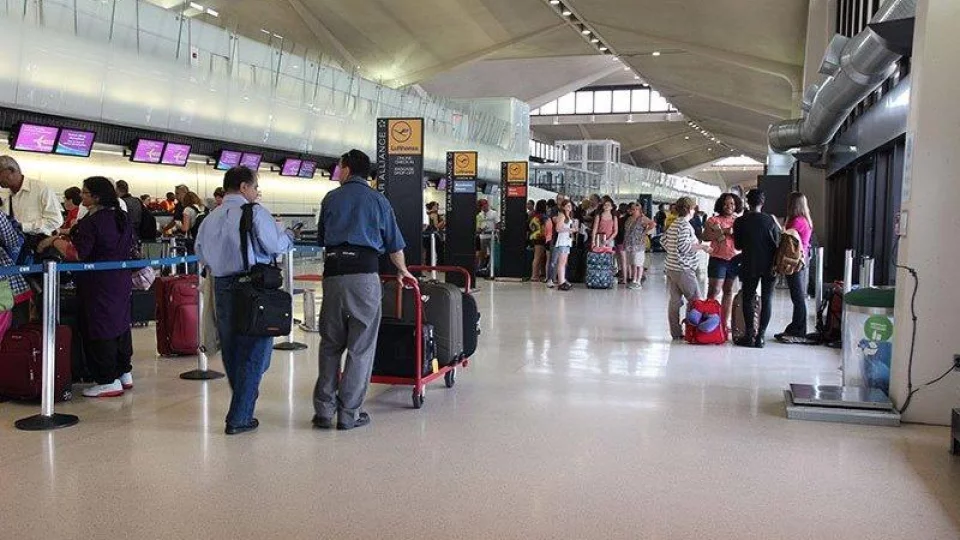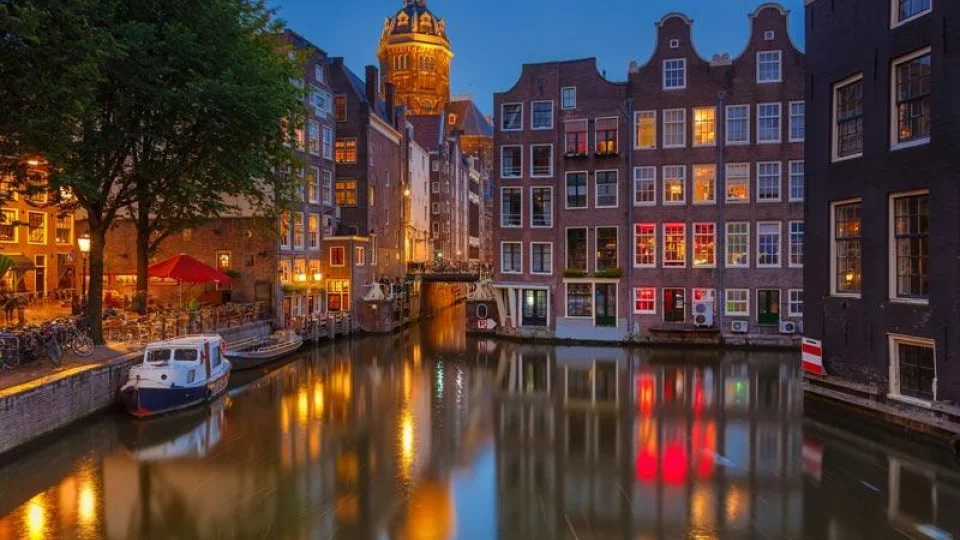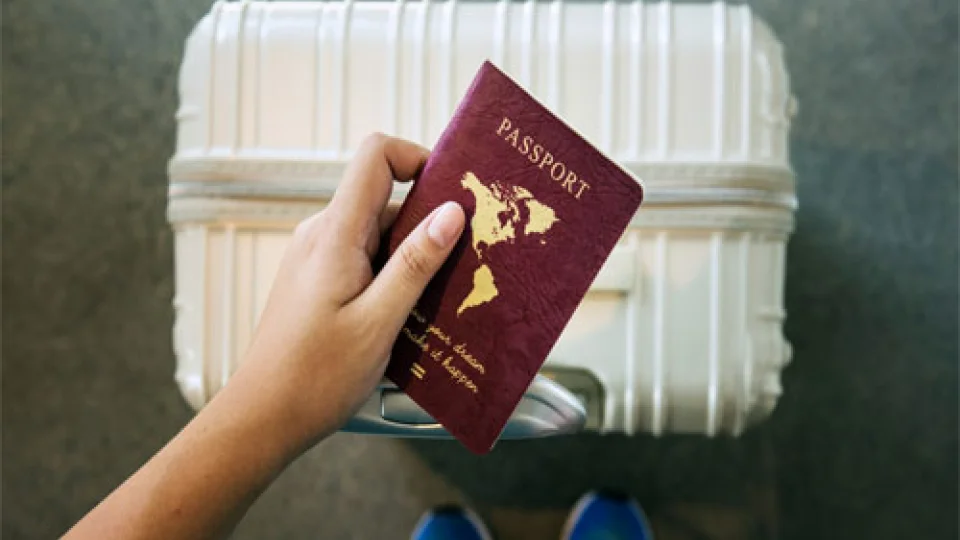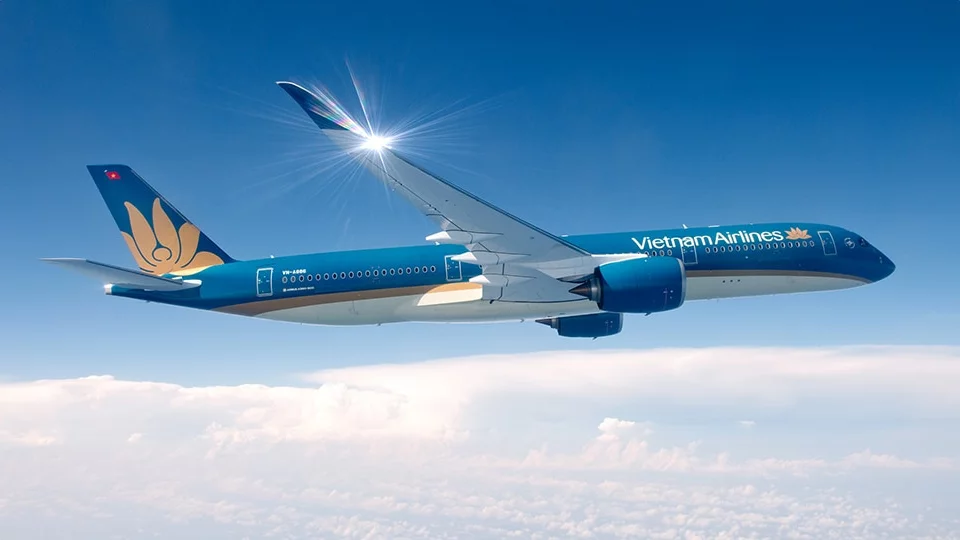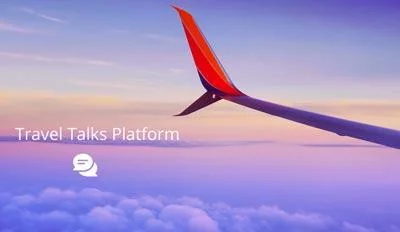The report – entitled ‘Adapting to Endemic Covid-19: The Outlook for Business Travel’ and produced in collaboration with management consulting firm McKinsey & Company – suggests that a modest rise in business travel spend of 26 per cent during 2021 will be followed by a further rise of 34 per cent in 2022.
But the report also forecasts that the growth rate will vary across different areas of the world, with the Middle East leading the pack with a rise of 49 per cent in business travel spending this year, followed by a further 32 per cent next year.
Asia Pacific follows with rates of +32 per cent in 2021 and +41 per cent in 2022 – by contrast business travel spend is only forecast to rise by 14 per cent in the Americas this year, followed by a further 35 per cent next year.
In positive news for the business travel sector, the rise in business travel spend across the Middle East, Asia Pacific, European and African regions is set to outstrip the rise in leisure spend this year.
In Europe for instance, business travel spend is forecast to rise by 36 per cent in 2021, while leisure spend is only forecast to rise by 26 per cent.
But the WTTC notes that the above rises follow “a 61 per cent collapse in business travel spend in 2020, following the imposition of extensive travel restrictions”.
The report added that some business travel sectors have fared better than others, “with early rebounders including manufacturing, pharmaceuticals, and construction companies while service-orientated and knowledge industries including healthcare, education, and professional services are likely to experience longer-term disruption”.
It also highlighted the importance of business travel for the travel and hospitality industry, noting that prior to the pandemic, business travel accounted for around 70 per cent of all global revenue for high-end hotel chains, while between 55 and 75 per cent of airline profits came from business travellers, who made up around 12 per cent of passengers.
The full report can be read here.



